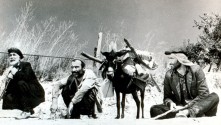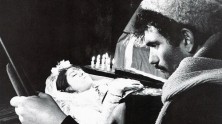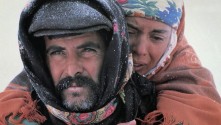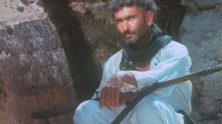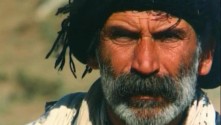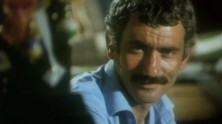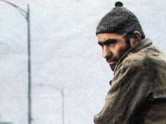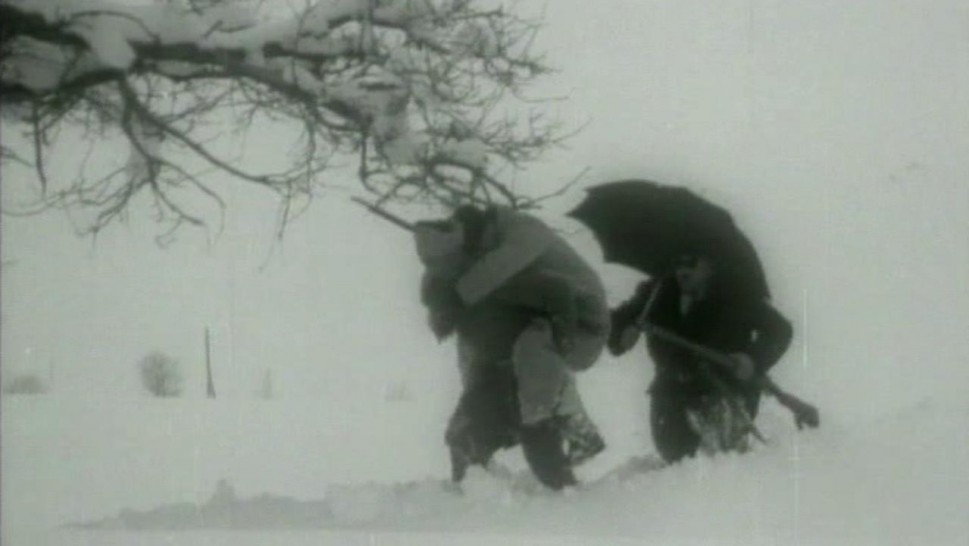
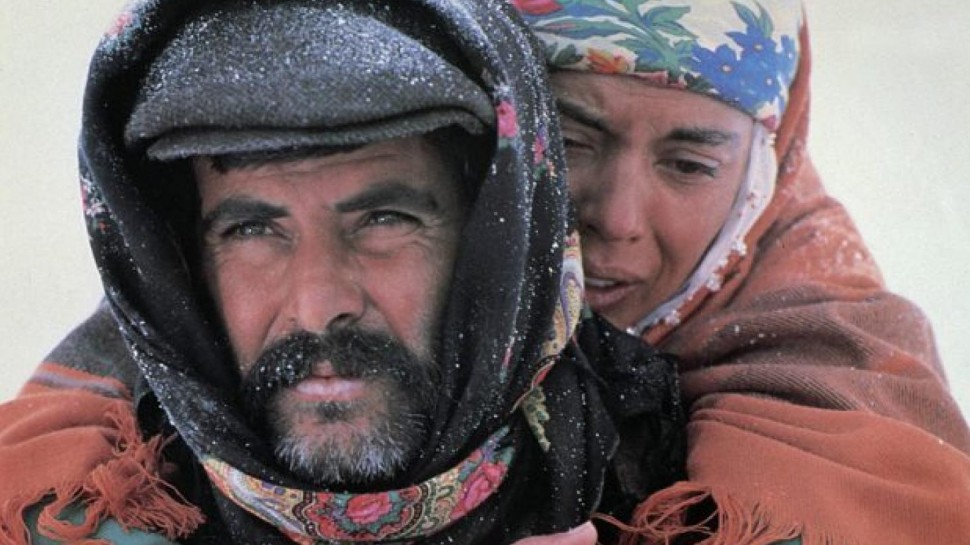
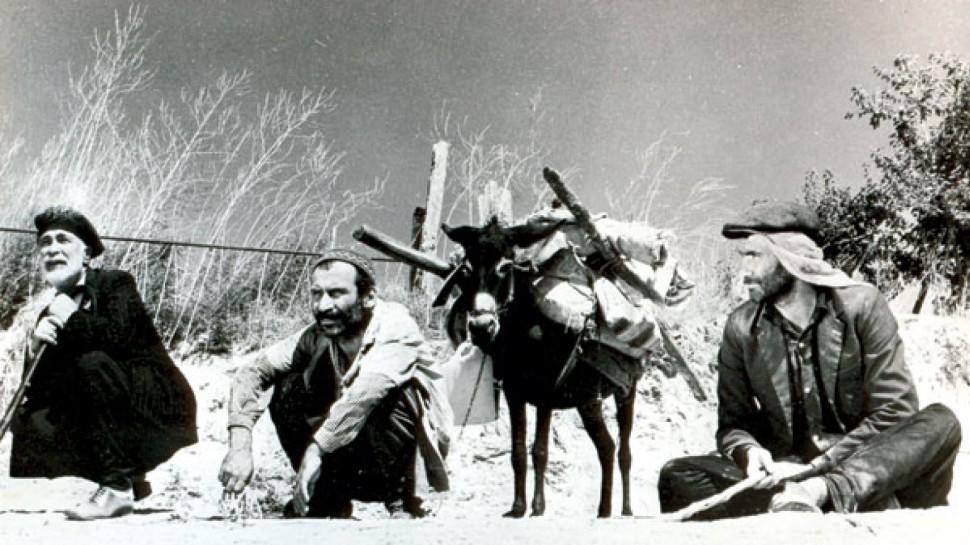
Yilmaz Güney: From "Ugly King" to Poet of Despair
A master of startling imagery, vigorous storytelling and political commitment, Yilmaz Güney (1931-84) is a legendary figure in Turkish cinema and undoubtedly the best-known and most controversial filmmaker the country has produced to date.
Born to a Kurdish mother and a Zaza Kurd father in rural southern Turkey, Güney’s career in cinema began in 1953 when he took a job with a film distributor touring prints nationwide. While pursuing degrees in law and economics- in Ankara and ultimately Istanbul- Güney made a name for himself as a talented, and at times controversial, writer of fiction whose political outspokenness landed him briefly in prison, for the first of many times.
By the end of the 1950s, Güney was working steadily as a screenwriter, assistant director and actor to filmmaker Atif Yilmaz, known for his popular comedies and realist cinema. A handsome man with a charismatic screen presence, Güney became a huge star in their vein, playing tough guys and outlaws and earning himself the nickname “the Ugly King.” (Güney’s rugged face and gruff, physical acting style both lacked the polish of the typical Turkish leading man of the day.) A cinephile with wide-ranging tastes, Güney was a huge fan of such Hollywood actors as Cagney, Bogart and Lancaster and often drew inspiration from the restless physicality and brooding masculinity they all shared.
During the 1960s Güney established his own production company just as a lasting socio-cultural and political unrest began to take hold of Turkey. Güney’s first few films as a director were fascinating genre exercises with subtle political undertones. With Bride of the Earth (1968), he began to explore revenge melodramas and crime films to examine the often feudal conditions that yet existed in Turkey’s rural regions. Hope (1970) proved a turning point with its decidedly non-glamorized urban setting that drew comparisons to Italian neo-realism. Its original mixture of realist detail, expressionism and even darkly absurdist humor brought international recognition, while its depiction of the hopelessness of the urban poor incurred the wrath of Turkish censors. After his arrest and week-long imprisonment in the unrest that followed the coup by Turkey’s military in March 1971, Güney left Istanbul to avoid further trouble with the authorities and retreated to the mountains of Anatolia, where he made Elegy.
After a period of intense productivity that produced a series of impassioned films, Güney was again imprisoned in 1972, accused of ties to revolutionary groups. Released as part of a 1974 general amnesty, Güney was able to make two more films before being arrested and convicted for the murder of a right-wing judge, apparently during a restaurant brawl. The details of the crime remain obscure and controversial and Güney always maintained his innocence despite incriminating evidence.
Inside prison, Güney devoted himself furiously to screenwriting, completing three scripts and copious notes which he sent to his collaborators and which resulted in The Herd (1978) and his most famous film Yol (1982). Pointing out that filmmaking is always a collaborative process, Güney declared himself deeply satisfied with these films. Indeed, Güney considered these late films to be more intregal to his oeuvre than his first genre films.
Taking advantage of his relatively lax encarceration, Güney escaped in 1981 by simply walking out of prison. Given that his stayin prison had only seemed to ratify his already near-legendary status, Güney’s claim that the government wanted him to escape, so they could exile him, seems plausible. Thus he was able to be present (although as a fugitive) at Cannes in 1982, where Yol won the Palme d’Or, a success that enabled him to direct 1983’s The Wall in France before dying suddenly of cancer that same year.
Güney is often compared to his near-contemporary Pier Paolo Pasolini, and the biographical parallels are striking. Celebrities before they began directing films - Guney as a movie star, Pasolini as an autho r- both drew controversial for their outspoken leftist politics. And, tragically both died suddenly in their mid-50s, at the height of their fame. The general ideological stance shared by the two artists was no doubt profoundly influenced by their outsider status - Güney as a Kurd, Pasolini as a homosexual. More significantly, both filmmakers merged their political ideas with strikingly original approaches to the image and a penchant for poetry and allegory. Deeply influenced by Italian neo-realism, which they used as a basis for their visual style, both artists veered similarly into mythopoetic reverie fired by profound anger at the plight of the oppressed. Like Pasolini, too, Güney was fascinated by the distinct tension and contradiction between Turkey’s rural peasantry and rapidly modernizing society. – David Pendleton
